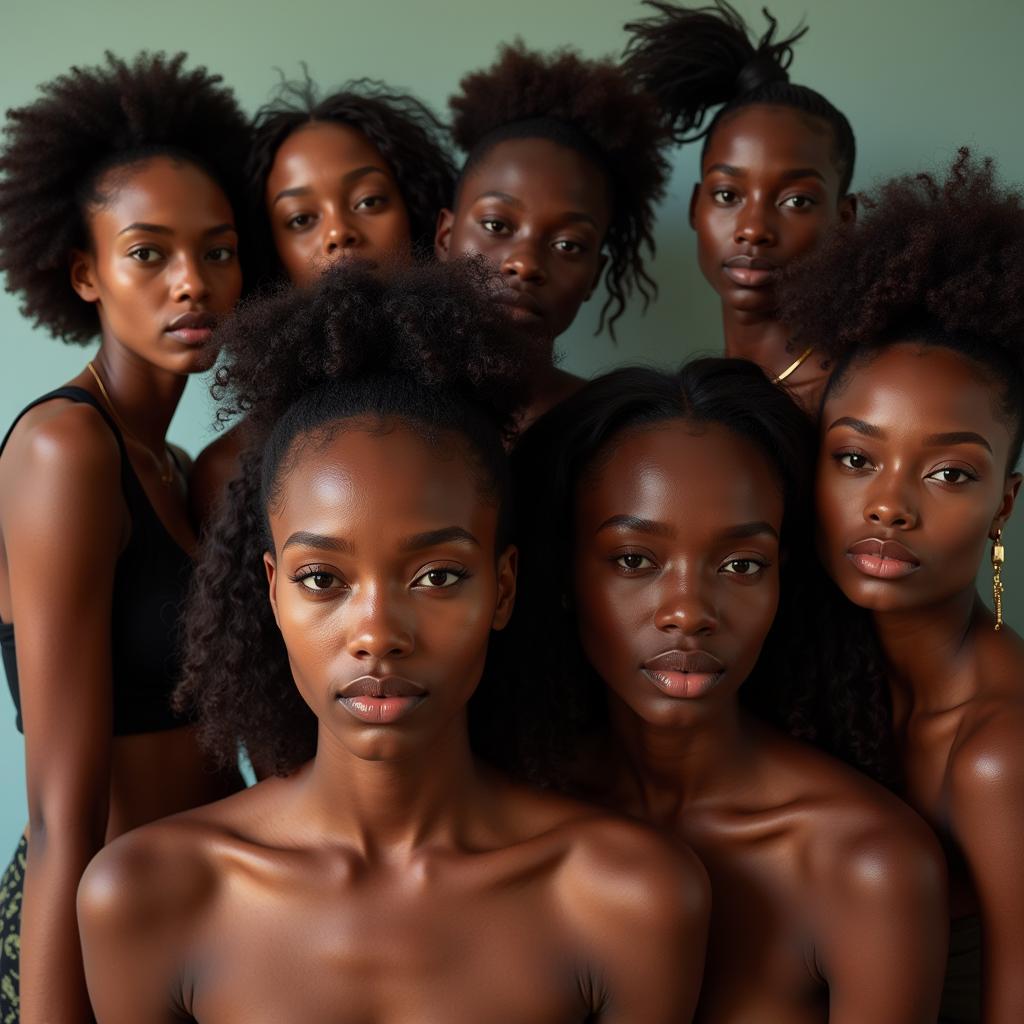Exploring African American Holidays: A Celebration of Heritage and Culture
African American Holidays are a vital part of the Black experience, offering opportunities to celebrate heritage, honor ancestors, and build community. They are a vibrant tapestry woven with traditions, history, and stories that reflect the resilience and strength of African American culture.
This article delves into the rich world of African American holidays, exploring their significance, origins, and unique customs. We’ll examine how these special occasions connect generations, foster cultural pride, and continue to shape the African American community today.
Understanding African American Holidays: A Deeper Dive
African American holidays are not simply days off, but rather opportunities to reflect on and celebrate the collective journey of African Americans. They acknowledge the triumphs and tribulations of the past, while fostering hope and inspiration for the future.
These holidays provide a platform for cultural transmission, allowing knowledge and traditions to be passed down from generation to generation. They also offer a sense of belonging and shared identity, reminding African Americans that they are part of a rich and vibrant community.
Key African American Holidays and Their Significance
Here are some of the most celebrated African American holidays:
- Juneteenth (June 19th): Celebrates the emancipation of enslaved African Americans in the United States.
- Kwanzaa (December 26th – January 1st): A seven-day celebration of African American heritage and culture.
- Black History Month (February): A time to acknowledge and honor the contributions of African Americans throughout history.
- Martin Luther King Jr. Day (Third Monday of January): Celebrates the life and legacy of the civil rights leader.
- Malcolm X Day (May 19th): Honors the life and legacy of the influential Muslim minister and human rights activist.
- Harlem Renaissance (1920s): A period of significant artistic and cultural growth and innovation among African Americans.
- Black Music Month (June): Recognizes the diverse and impactful contributions of Black musicians to American culture.
African American Holidays: A Cultural Tapestry
Each African American holiday has its unique traditions and celebrations. These range from elaborate gatherings with family and friends to somber reflections on the past. Here’s a glimpse into some of the diverse customs associated with these celebrations:
- Juneteenth: Traditional festivities often include barbecues, picnics, parades, and musical performances.
- Kwanzaa: The celebration revolves around seven principles: Umoja (unity), Kujichagulia (self-determination), Ujima (collective work and responsibility), Ujamaa (cooperative economics), Nia (purpose), Kuumba (creativity), and Imani (faith).
- Black History Month: This month is often marked by educational programs, cultural events, and museum exhibits celebrating the achievements of African Americans.
- Martin Luther King Jr. Day: Celebrations typically involve community service, parades, and public speeches reflecting on King’s message of peace and equality.
“African American holidays are not just about celebrating the past. They are about looking forward to a better future, a future where we can all live in peace and equality.” – Dr. Maya Washington, Historian
What are some of the ways African American holidays are celebrated today?
In today’s society, African American holidays are celebrated with a renewed sense of purpose and pride. From social media campaigns to educational initiatives, there is a growing awareness of the importance of these celebrations. Many African Americans are actively engaging in cultural events, sharing stories of their heritage, and promoting understanding and appreciation of Black culture.
How can I learn more about African American holidays?
There are many resources available to learn more about African American holidays.
- Visit museums: Museums dedicated to African American history and culture offer valuable insights into these traditions.
- Attend cultural events: Many communities host events and celebrations throughout the year.
- Read books and articles: There is a wealth of literature available on the history and significance of African American holidays.
- Connect with family and friends: Engage in conversations with family and friends to learn about their own experiences and perspectives.
The Future of African American Holidays
African American holidays continue to evolve and adapt to the changing times. They serve as reminders of the enduring legacy of the African American community and their ongoing fight for social justice.
As we move forward, it is important to continue celebrating these holidays with enthusiasm and respect, ensuring that future generations inherit a rich understanding of their history and culture.


